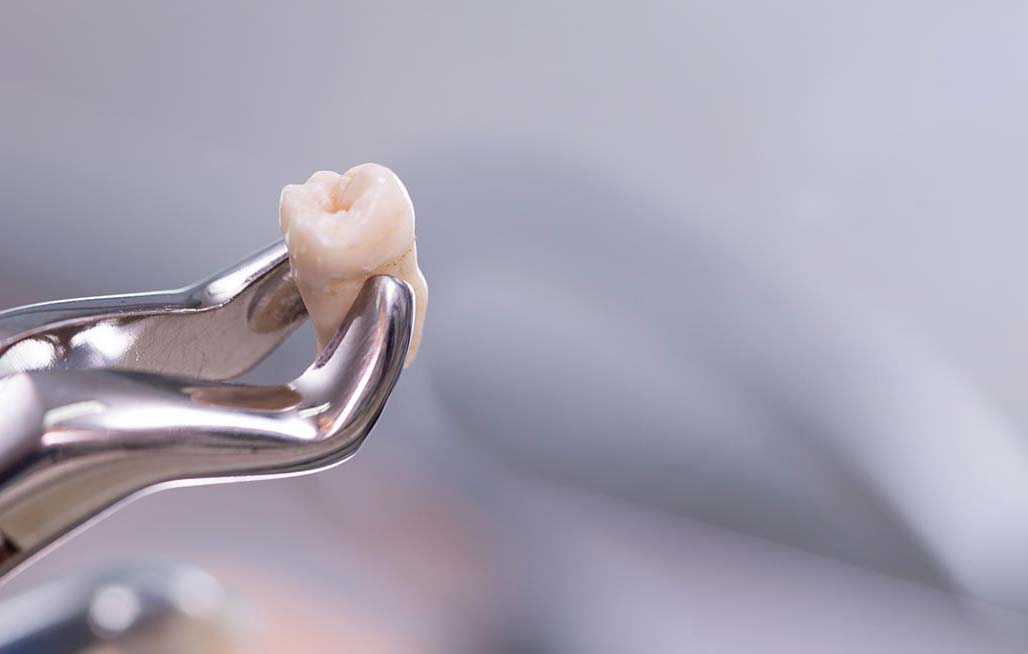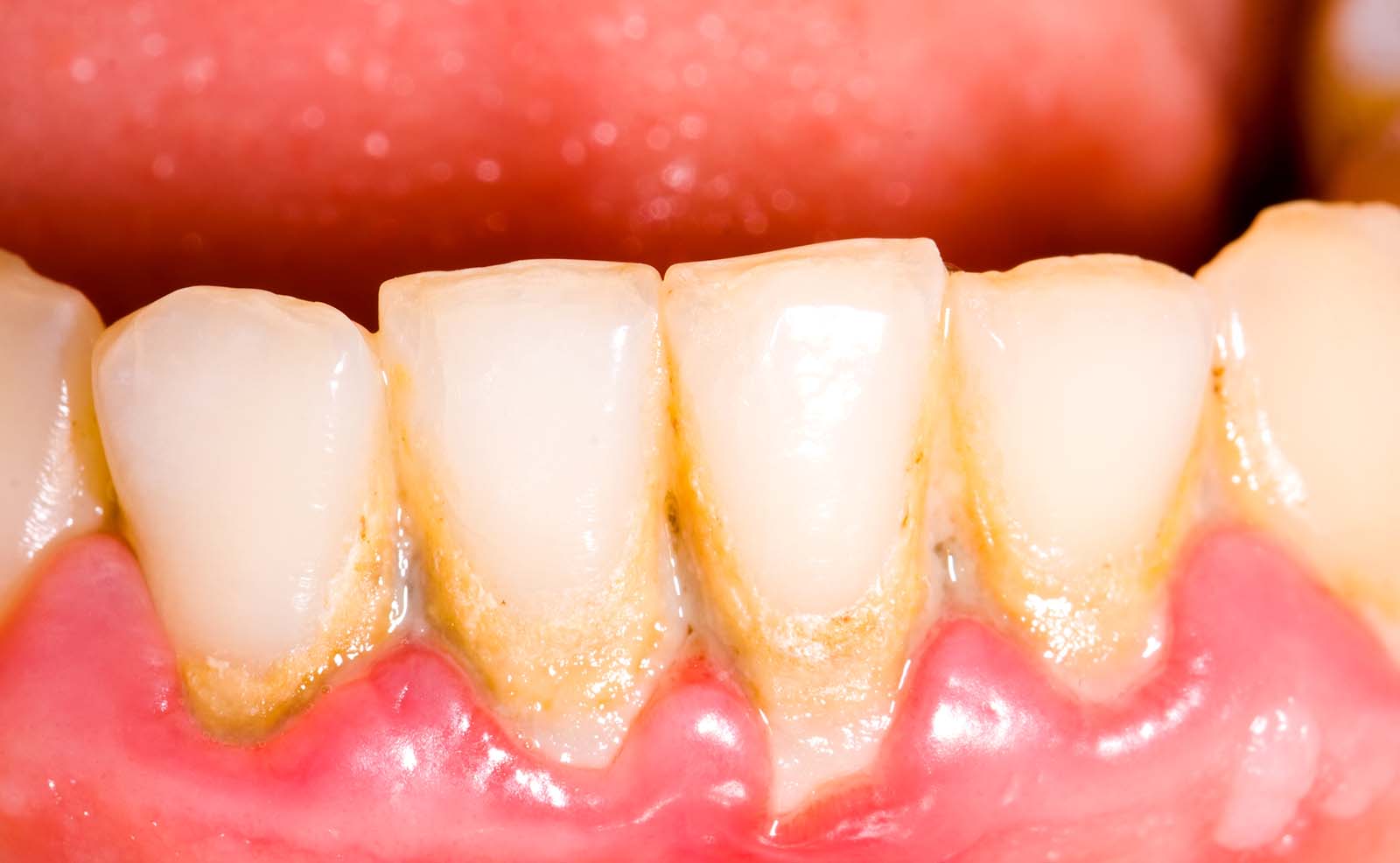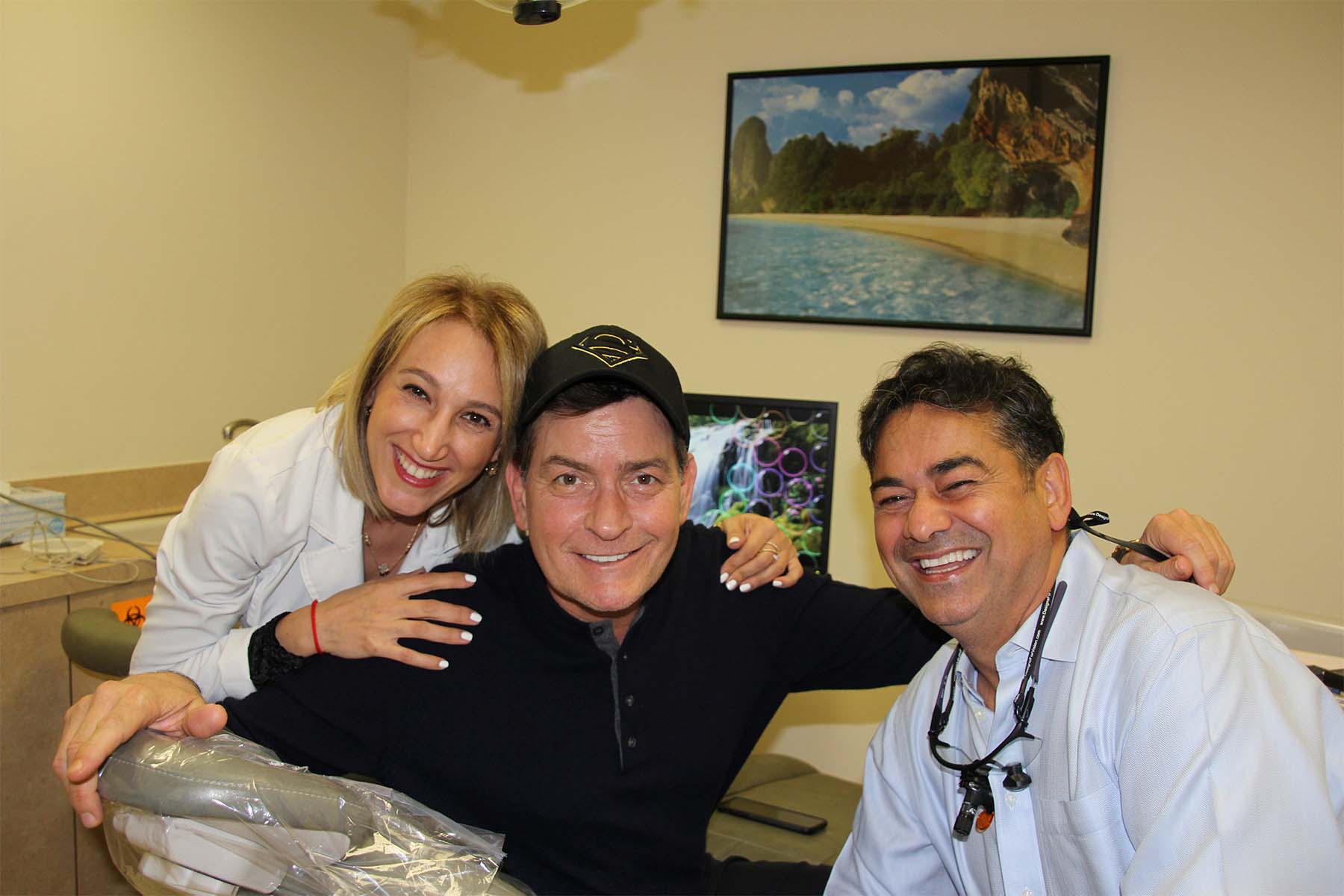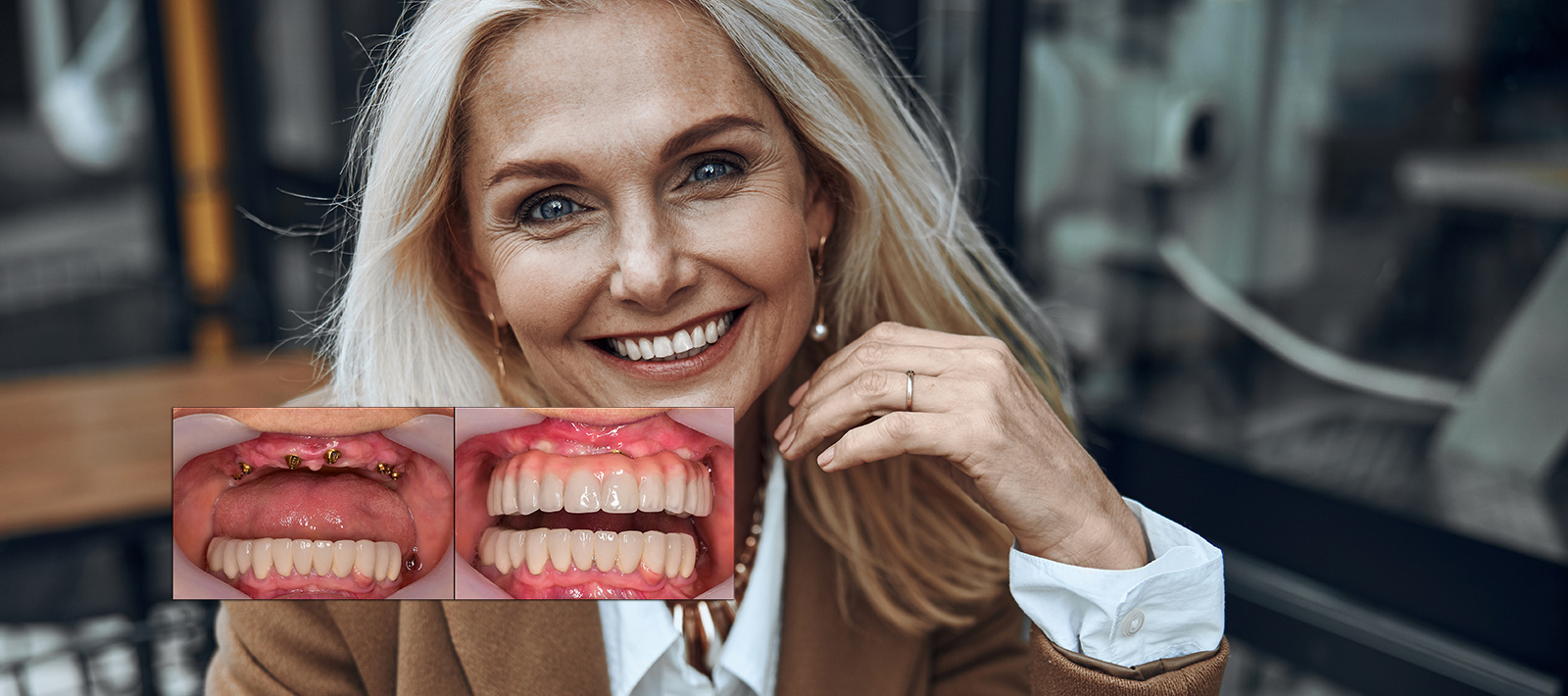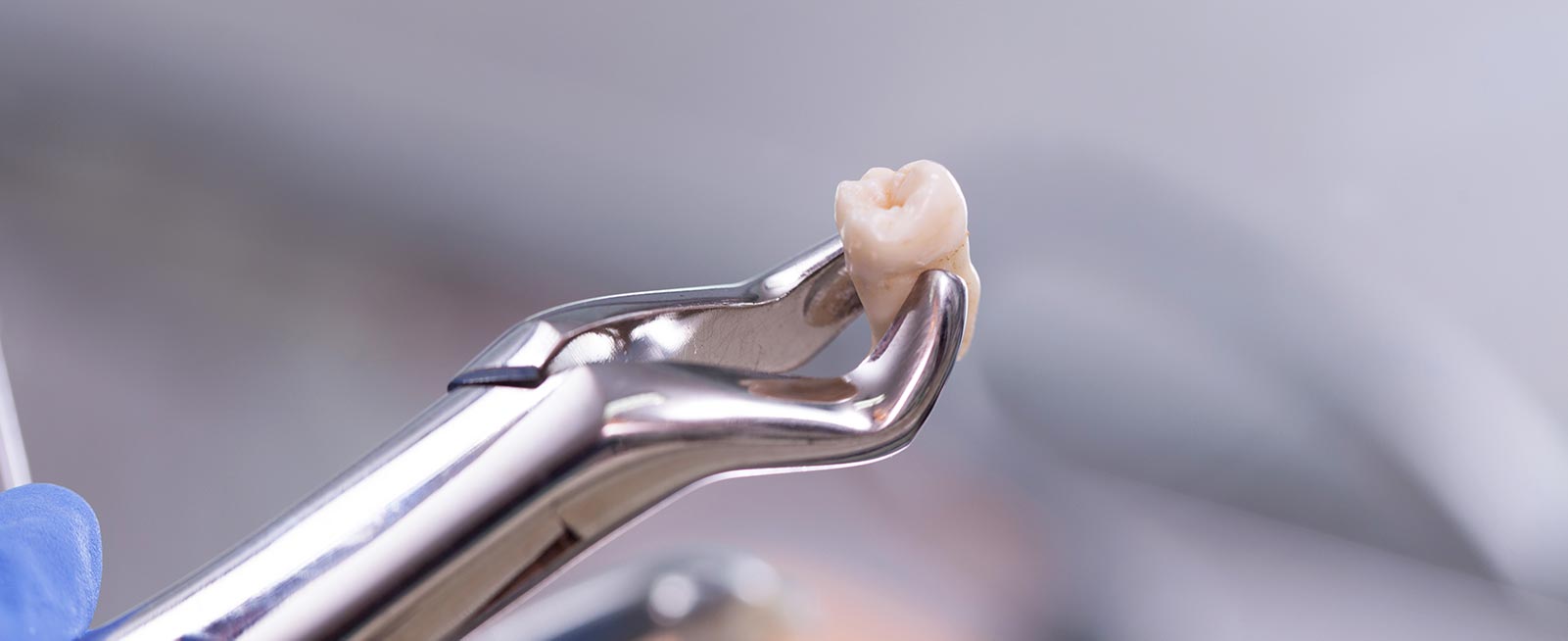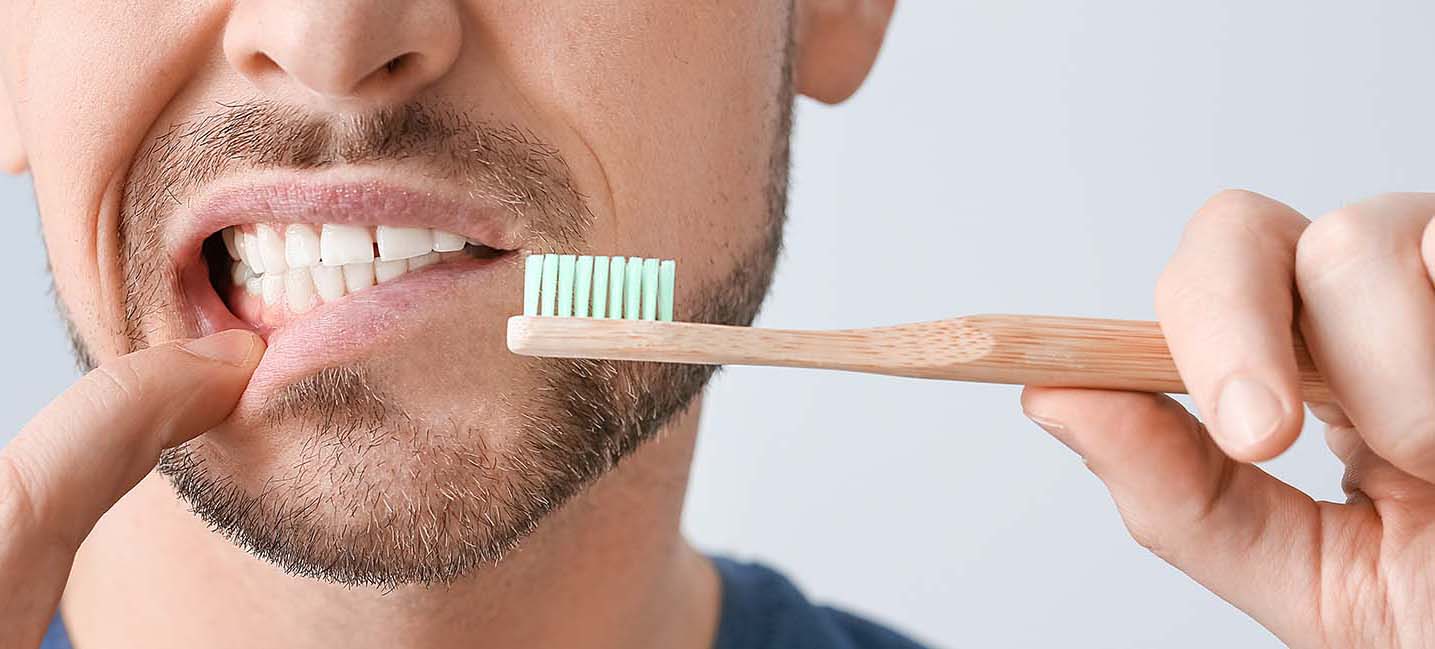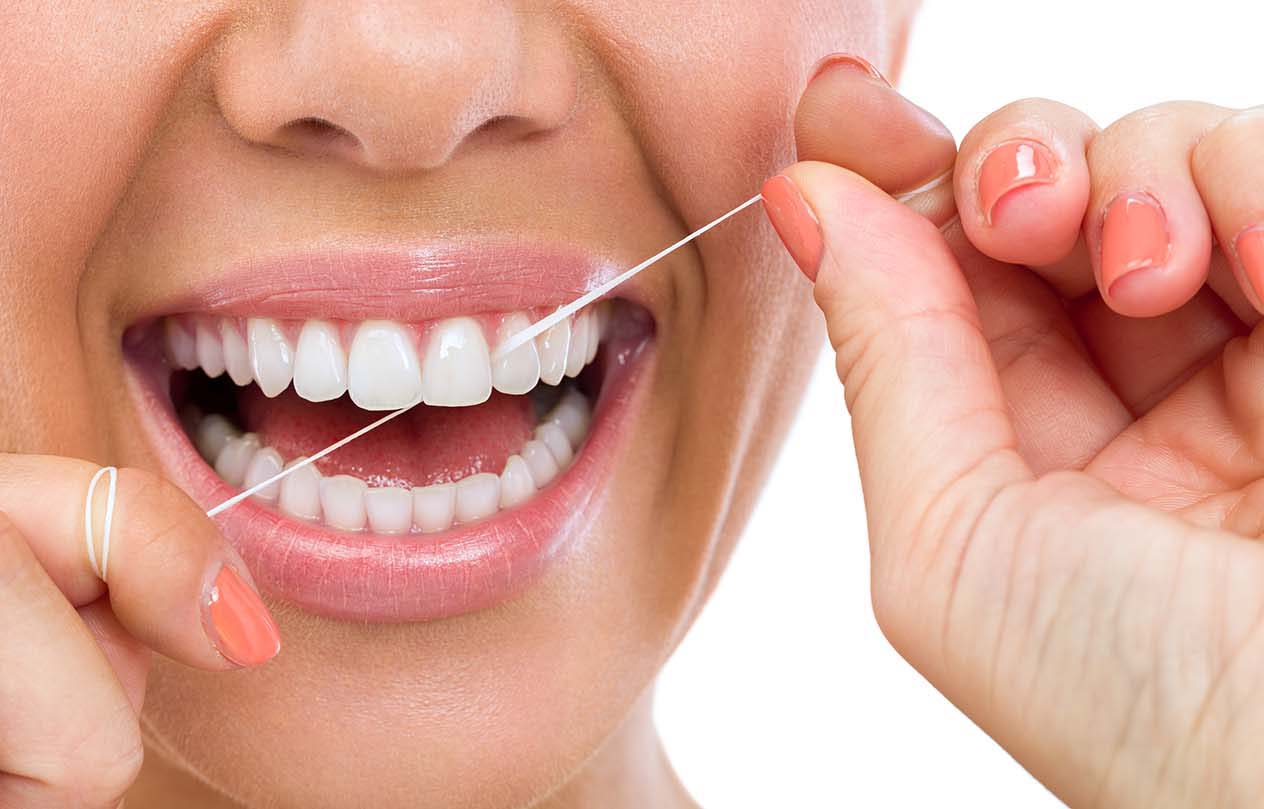Professional teeth cleaning procedures are essential. But to many people, a visit to a dental hygienist is a nightmare. Their dental anxieties and apprehensions cannot allow them to complete this 30 to 60-minute procedure. However, they forget that regular teeth cleanings can improve oral hygiene. For instance, an annual dental checkup can help in detecting and treating early signs of cavities and gingivitis. This will prevent serious oral issues. Knowing what to expect during a teeth cleaning process can reduce the apprehensions that many patients experience. Even though different dental hygienists may apply various procedures, these steps are crucial during professional teeth cleanings.
What does a dental hygienist do?
1. Inspect Your Teeth and Gums
First and foremost, a dental hygienist will examine your mouth using a tiny concave mirror. They will check if your teeth and gums have any signs of oral issues like tartar and plaque buildup. Moreover, the hygienist will assess your mouth for inflamed gums and dark spots on your teeth. These inspections simplify the teeth cleaning process as hygienists will have an idea of the issue to focus on. If serious problems are spotted during the initial examinations, a dentist is informed.
Your hygienists will ask a few questions before they begin the cleaning process. They would want to know if you are comfortable or have any concerns about your oral health. You should also ask your questions and seek answers on what to expect during the cleaning procedure.
2. Take Digital X-rays
A professional dentist will be more cautious when cleaning their patient’s teeth. With a digital x-ray, the dentist will examine your teeth and mouth. The X-rays detect oral problems that are hard to spot using concave mirrors such as:
• Teeth movement
• Bone loss
• Tumors and cysts
• Oral abnormalities
If you are a new patient, a competent dentist will first take these x-rays. This will give them a quick overview of your teeth and gums. Some cases may require the dentist to take photos of your mouth. This should not freak you out. It is an important oral assessment step required by your insurance provider. If you are paying from your pocket, seek to know the dental cleaning cost without insurance.
3. Remove Plaque and Tartar
Next is the removal of plaque and tartar by the use of a scaler. This is a small hooked device used to clean the gum line, teeth surface, and in between the teeth. Your hygienist will scrape off the plaque and tartar that has buildup in your tooth and mouth. A manual or ultrasonic scaler may be used. During the scaling process, you will hear the scraping sounds, which is usual.
How long does a dental cleaning take?
The time used in tartar removal varies from one person to another. The much tartar and plaque there is in your mouth, the longer it will take to remove. However, you can prevent tartar and plaque from building up through regular brushing and flossing your teeth. If this step makes you uncomfortable, you know what to do.
4. Polish with Gritty Toothpaste
Using a handheld electric tool, the hygienist will polish your teeth to get rid of remaining stains. This polishing tool feels comfortable, and you may not notice what is happening until the hygienist is done. It is a special brush with a gritty toothpaste referred to as prophylaxis paste. Interestingly, you get to choose the toothpaste flavor to be used while cleaning your teeth.
You should be prepared to tolerate the grinding motion on your teeth. Though this step may be scary for you, it will clean away any stains left after the scaling process. After the hygienist is done polishing, you will notice a shiny and smooth feel on your teeth.
5. Professional Flossing
Never overlook this step even if you regularly floss at home. The expertise applied by your hygienist surpasses the results of DIY flossing. A professional flossing session will get rid of any plaques or toothpaste left during the above cleaning processes.
Your hygienist will ask a few questions to know how you go about flossing. They will recommend vital techniques to help keep your teeth healthier. Moreover, the expert will advise on areas that need much attention while flossing at home.
6. Rinsing
At this step of teeth cleaning, you have to rinse your mouth. Use water to rinse out any debris and other harmful elements trapped in your mouth. However, your hygienist will give you a fluoride-based solution. This liquid will cleanse your teeth better and make them stronger.
7. Apply Fluoride Treatment
Next, your hygienist will apply a fluoride treatment to protect your teeth from potential oral issues like cavities. They will ask to know your preferred flavor before applying the treatment.
Fluoride gel is applied over your teeth using a mouthpiece and should sit there for a minute. After, you should rinse the extra fluoride with water.
Your dental hygienist will use a professional fluoride treatment if you are at high risk of suffering tooth decay. Therefore, do not worry if this gel is not given during your teeth cleaning. Furthermore, you get it from toothpaste, drinking water, and when using mouthwash.
8. Final Examination
It is the last step in the teeth cleaning process. Here your hygienist will assess your teeth for potential oral problems that may arise in the future.
They will check if you have any grinding issues, gum diseases, and teeth alignment problems.
Some patients may experience severe discomforts during professional teeth cleaning. Various factors can cause your teeth cleanings to hurt. They include the following:
• Temporomandibular disorders
• Dental sensitivity
• The long spacing of dental cleaning sessions
If you find teeth cleaning painful, inform your dental hygienist. They will consider using a less painful method or can allow you to rest in between the procedures.
The dental hygienist will evaluate the results of your digital x-rays. If any alarming concerns, they will attend or refer you to the right specialist. They will examine your gingival pockets to establish the condition of your gums. Further, they will evaluate you for oral cancer and assess dental restorations, if any.
This will be the perfect time to ask your dentists any questions about your oral health. And be sure to get a detailed report and have them addressed professionally. The reason being, they have a better understanding of your oral health.
Other Potential Procedures
Your dentist may advise a deep cleaning session. This is different from the above cleaning procedures. A deep cleaning will be essential where all the normal teeth cleaning processes cannot remove all tartar in your teeth. If you have a periodontal issue, you will have to go for deep cleaning. Your dental hygienist will book you for monthly checkups until your oral issues that require this procedure are managed.
Some questions you need to ask before dental cleaning are:
• Is there a reliable dentist near me?
• What is the dental cleaning average cost in Los Angeles?
• What will be my dental cleaning cost without insurance?
Before you consider teeth cleanings uncomfortable, think of the dental issues that come with poor oral health. Tooth decay and gum diseases can be extremely painful. Often people ask, how much is a dental cleaning? It will cost you less compared to treating a tooth cavity or decay. However, knowing the dental cleaning average cost in Los Angeles will keep you prepared before your next appointment.
When should I visit the dental clinic near me, or how often should you get your teeth cleaned?
Flossing and brushing your teeth regularly can prevent plaque and tartar. Professional teeth cleaning procedures are equally important. Ensure your teeth are cleaned twice a year by an experienced dental hygienist. This expert will help improve your oral health. They locate and address potential oral issues and reinforce your oral health care routine. You now understand these cleaning procedures and what to expect from each step.
To get your next teeth cleaning service, schedule an appointment with our dentist at Southland dental care. Our experienced, friendly, and reliable dentists will help you obtain optimal oral health. Contact us through 18.788.8787 or schedule an online visit.





